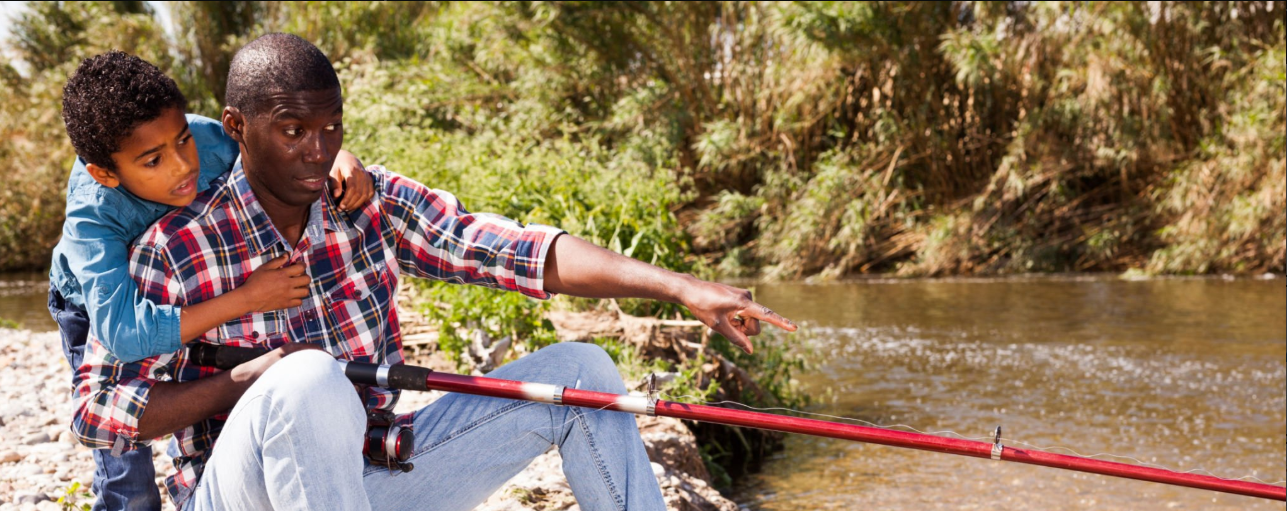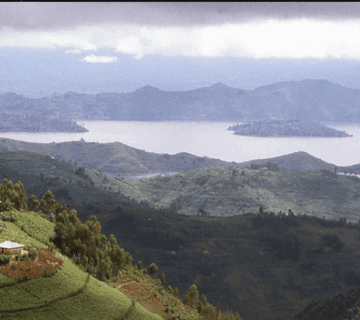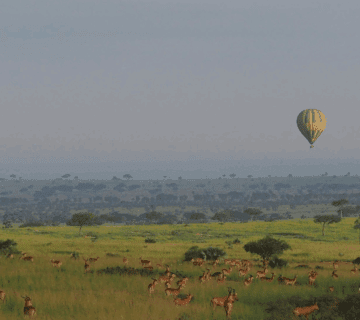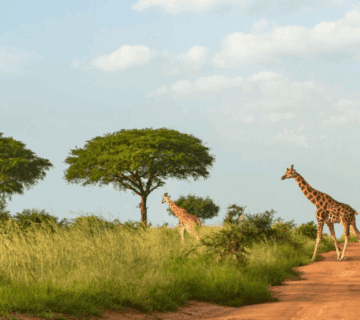Do You Need a Fishing License in Rwanda?
There’s an important question to answer: Do you need a fishing license in Rwanda? The answer is yes. Just like in many other countries, Rwanda regulates fishing activities to ensure sustainability, protect aquatic ecosystems, and support local fishermen. A Fishing License is not just a legal requirement; it’s a commitment to responsible fishing and environmental conservation.
In this article, we’ll explore why a Fishing License matters, how to obtain one in Rwanda, and the deeper lessons this simple requirement teaches us about discipline, responsibility, and respect for nature.
Why a Fishing License Matters in Rwanda
1. Protecting Aquatic Biodiversity
Rwanda is home to diverse fish species, including tilapia, catfish, and the famous sambaza (small fish) from Lake Kivu. Overfishing, illegal fishing methods, and pollution threaten these species. The Fishing License system helps authorities monitor fishing activities, ensuring that fish populations remain stable for future generations.
2. Supporting Local Communities
Many Rwandans depend on fishing for their livelihoods. By regulating fishing through licensing, the government ensures that local fishermen have fair access to resources while preventing exploitation by unlicensed operators. The fees collected from Fishing Licenses are often reinvested into fishery management and community development.
3. Promoting Sustainable Tourism
Rwanda is a growing destination for eco-tourism, and sport fishing is becoming popular among visitors. A Fishing License ensures that tourists engage in responsible fishing, minimizing harm to the ecosystem while enjoying Rwanda’s beautiful waters.
How to Obtain a Fishing License in Rwanda
Getting a Fishing License in Rwanda is a straightforward process, but it requires compliance with regulations set by the Rwanda Agriculture and Animal Resources Development Board (RAB). Here’s how you can obtain one:
1. Determine the Type of Fishing License You Need
Commercial Fishing License: For those fishing for business purposes.
Recreational Fishing License: For tourists and hobbyists.
Research Fishing Permit: For scientists and conservationists studying aquatic life.
2. Submit Required Documents
You’ll typically need:
A completed application form.
Identification (national ID or passport for foreigners).
Proof of residency or business registration (for commercial fishers).
3. Pay the Required Fees
Fees vary depending on the type of license and duration. Commercial licenses may cost more than recreational ones, but the investment ensures legal compliance and sustainability.
4. Follow Fishing Regulations
Once licensed, you must adhere to rules such as:
Using approved fishing gear (no illegal nets or explosives).
Respecting fishing seasons to allow fish breeding.
Reporting catches if required by authorities.
The Deeper Lesson: Fishing Licenses as a Metaphor for Life
Beyond the legalities, the concept of a Fishing License carries profound life lessons. Here’s how this simple requirement can inspire personal growth and responsibility:
1. Respect for Rules Leads to Greater Freedom
Some might see a Fishing License as an unnecessary restriction, but in reality, rules create order. Just as traffic laws prevent chaos on the roads, fishing regulations ensure that everyone can enjoy the sport without depleting resources. In life, discipline and adherence to ethical guidelines often lead to long-term success and fulfillment.
2. Patience and Preparation Are Key
Fishing teaches patience—waiting for the right moment to catch a fish. Similarly, obtaining a Fishing License requires preparation: filling forms, paying fees, and understanding regulations. Success in any endeavor demands patience and groundwork.
3. Sustainability: Thinking Beyond Ourselves
A Fishing License reminds us that we’re stewards of nature. If we overfish today, future generations may have nothing left. This principle applies to all resources—money, time, relationships. Sustainable practices ensure lasting prosperity.
4. Small Contributions Make a Big Difference
The fees from Fishing Licenses fund conservation efforts. Similarly, small acts of kindness, responsibility, or environmental care accumulate into significant impacts. Every little effort counts.
Inspiring Stories from Rwanda’s Fishing Communities
Rwanda’s journey of transformation is reflected in its fishing industry. Here are two inspiring examples:
1. Lake Kivu’s Sambaza Fishermen
Local fishermen once struggled with declining fish stocks due to unregulated fishing. With the introduction of Fishing Licenses and sustainable practices, fish populations have stabilized, improving livelihoods and food security.
2. Women in Fishing Cooperatives
In Rwanda, women are increasingly taking leadership roles in fishing cooperatives. By obtaining Fishing Licenses and adopting modern techniques, they’ve boosted productivity and empowered their communities.
Casting Your Line Responsibly
So, do you need a fishing license in Rwanda? Absolutely. It’s not just a legal formality—it’s a symbol of respect for nature, a commitment to sustainability, and a step toward personal growth.
As you prepare for your next fishing adventure in Rwanda, remember: the Fishing License is more than a permit; it’s a reminder that every action we take has consequences. Whether in fishing or life, responsible choices lead to abundance, while recklessness leads to scarcity.
So, cast your line with purpose. Follow the rules. Respect the waters. And most importantly, let the lessons of fishing guide you toward a more disciplined, patient, and sustainable life.
Happy fishing—and may your catch be plentiful, both in the water and in life! 🎣





